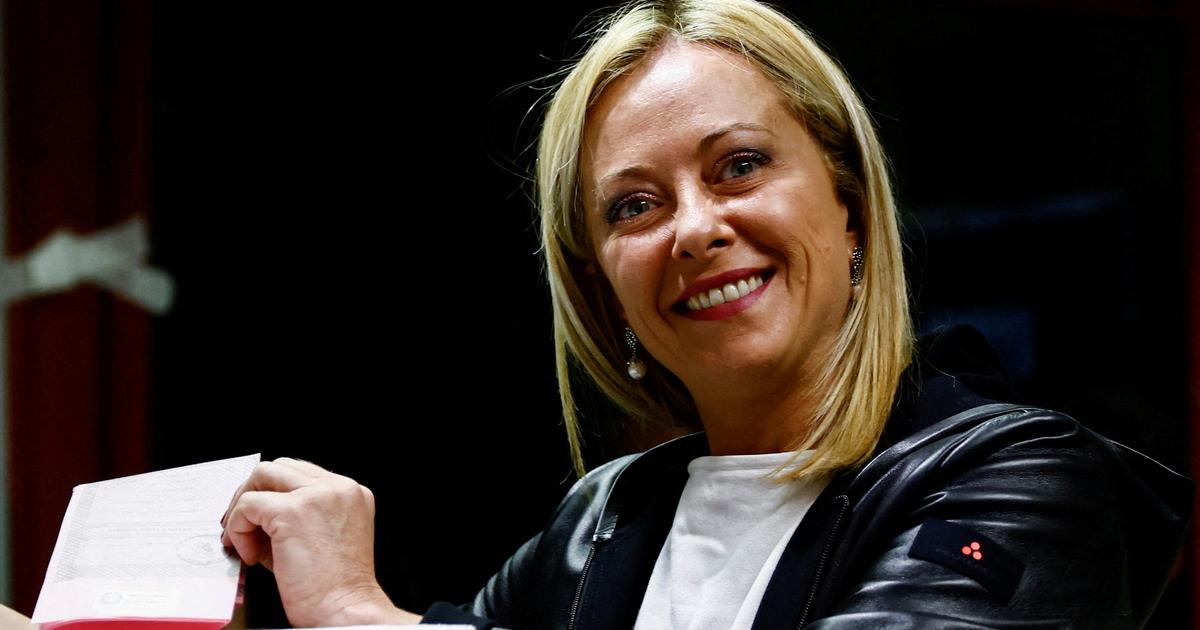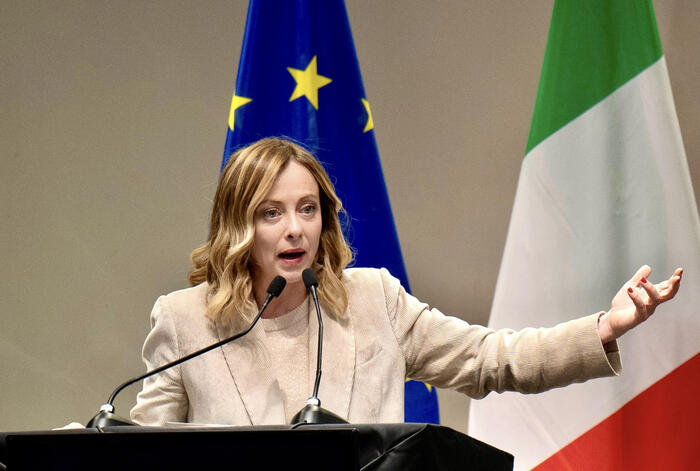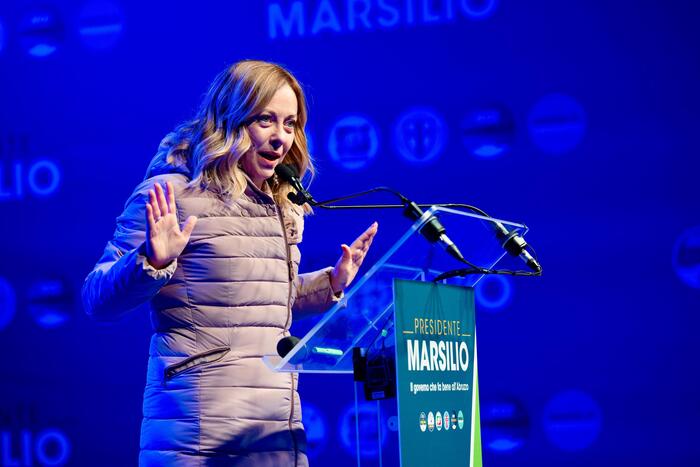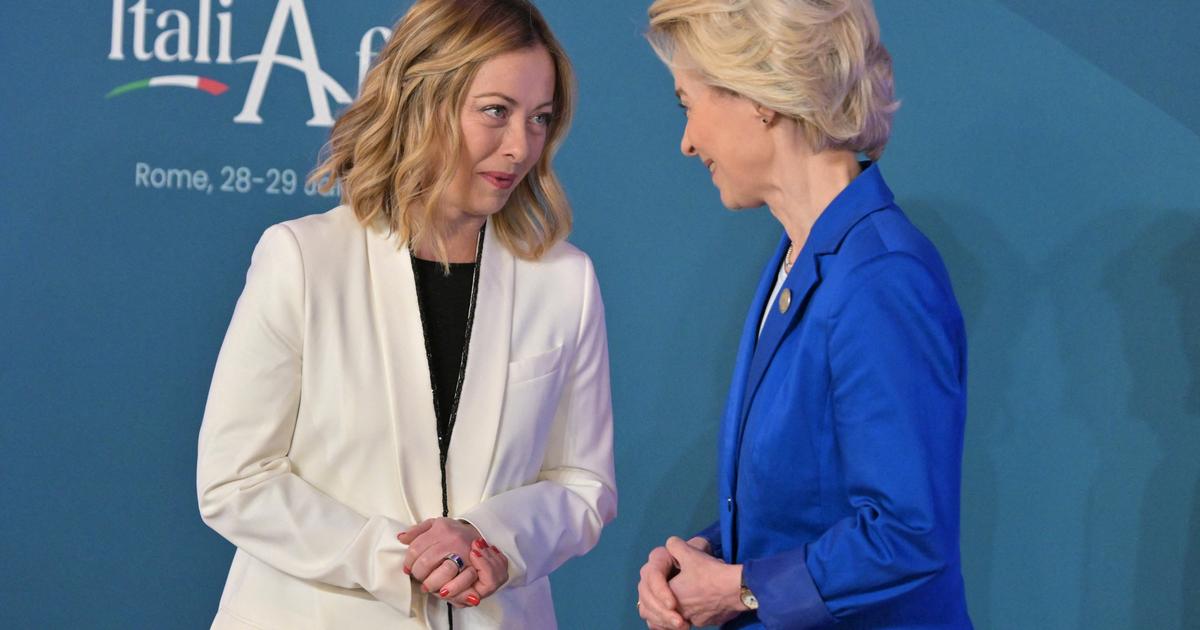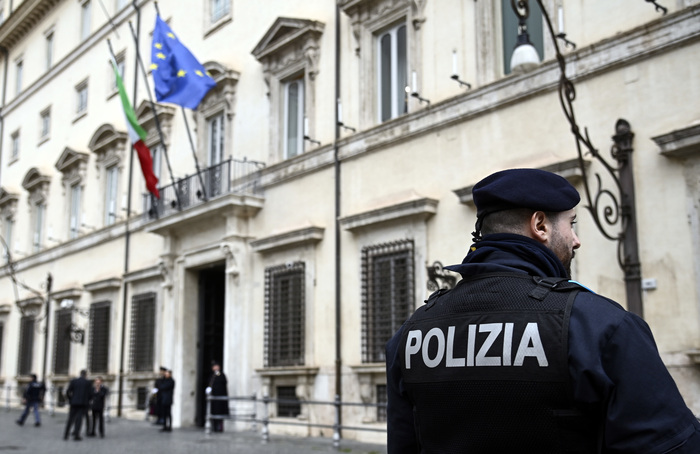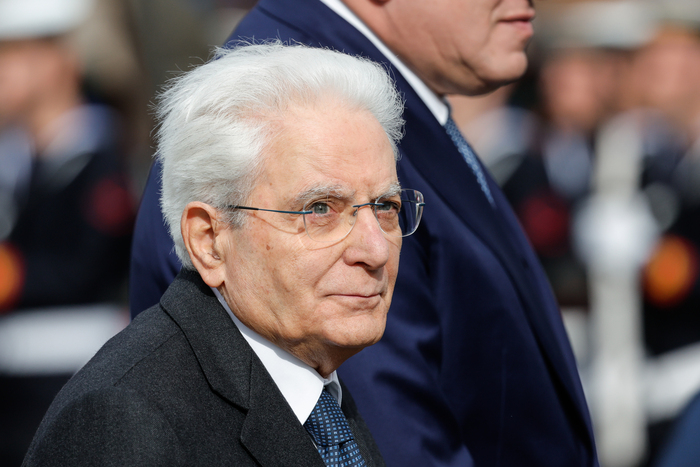A former student of the École Normale Supérieure, Christophe Bouillaud has been an associate professor of political science at the Grenoble Institute of Political Studies since 1999 and an associate professor of social sciences. He specializes in Italian politics and international relations.
LE FIGARO. - How to read the victory of the coalition of the rights in Italy? Has Giorgia Meloni succeeded in bringing together an identity-sensitive electorate and small business owners, sensitive to his promise to adopt a presidential regime for business leaders?
Christophe BOUILLAUD. -
The victory of the right-wing coalition is comfortable but it is not spectacular either since it would win between 111 and 131 seats in the Senate.
It is the absolute majority, but not the majority of two thirds allowing to modify the Constitution.
The strong abstention (Editor's note, up around 10 points compared to 2018) undoubtedly worked against it, a number of right-wing voters probably did not move after seeing the polls, which predicted a victory dazzling by Giorgia Meloni.
The score of her Fratelli D'Italia party (approximately 24.5% of the vote) shows, however, that Meloni has won her bet: by campaigning on immigration, she has been able to gather an electorate sensitive to identity issues and by promising in particular to lower taxes,
Read alsoItaly: Borgo Montenero, on the right without qualms
Meloni is likely to encounter several difficulties in the future.
Given that Italian politicians have a tendency to change political labels after their election, she will have to deal with some defections within the right, which could complicate her task.
And then, she will have to do with Berlusconi, who collected between 8.5 and 12.5%, thus confirming his return to the front of the stage.
He will have a role to play in this majority.
Some commentators already see him as the future president of the Senate.
How to explain that Giorgia Meloni is so high compared to other right-wing parties? Did his “pro-Ukraine” positions work in his favor?
The Fratelli D'Italia party was in opposition to Mario Draghi and took advantage of it electorally.
While the other two right formations supported him.
Voters sanctioned those who chose to side with the government, namely Berlusconi's Forza Italia and Salvini's Lega.
I do not believe that the geopolitical context had a major influence in the election.
However, it is a source of division within the right.
Matteo Salvini and Silvio Berlusconi are both on a line that one could schematically call pro-Russian.
Berlusconi notably stated that Putin was
“pushed”
to invade Ukraine.
Giorgia Meloni is on a rather pro-NATO line.
It's a real source of tension.
The electoral sociology of this election is probably very caricatural, with a very majority vote for the center left in the city centers and outskirts acquired on the right.
Christophe Bouillaud
In addition, there is another point of divergence between these right-wing parties which concerns a possible constitutional reform.
The Lega hoped to make a good score to demand more decentralization.
But as she emerges weakened from this election (Editor's note, under 9%), I doubt that she can impose her point of view.
The M5S, which campaigned on the social issue, confirmed its end-of-campaign momentum by winning 17% of the vote. Did he take advantage of the economic context?
Without a doubt, yes.
The 5 Star Movement has, since its creation, always made the defense of the Italians most in difficulty its priority.
In a context of inflation, he pleaded for the maintenance of the solidarity income (Editor's note, the equivalent of the RSA in France) when the coalition of the rights campaigned more on the question of identity and on the reduction of taxes.
The Lega has continued to criticize the solidarity income … which it had nevertheless helped to put in place.
Moreover, the M5S held a very pacifist discourse on the question of the war in Ukraine, which may have worked in its favour.
In the event of a coalition with the Italian Democratic Party (center left), the left allied with the M5S could even have hoped to beat the right, which should obtain, according to the first estimates, nearly 42% of the votes.
To what extent did the redrawing of constituencies, redesigned to take into account the reduction in the number of parliamentarians, influence the result?
The greater weight of the vote in so-called peripheral Italy since this reform has undoubtedly worked in favor of Giorgia Meloni, even if we must remain cautious because we do not yet have detailed data.
As in most European countries, there is a real divide between Italians in metropolitan areas, Milan or Rome, and those in rural areas.
The electoral sociology of this election is, I am convinced, very caricatural, with on the one hand a vote for the center left in the city centers and, on the other, outskirts acquired on the right.
Also, the Democratic Party and the centrists generally appeal to older voters who have money and live in big cities.

